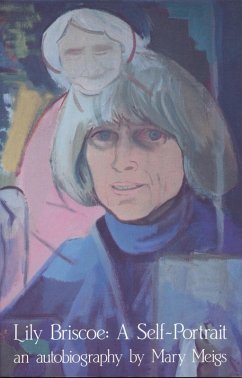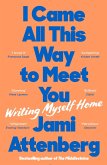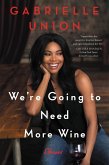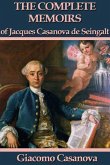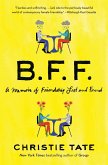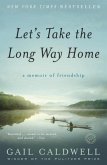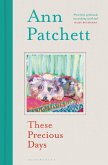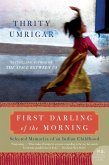Taking as her alter-ego Lily Briscoe-the painter in Virginia Woolf's To the Lighthouse-Mary Meigs paints a portrait of herself, her family and her friends in Lily Briscoe: A Self-Portrait, a book that is both autobiography and memoir. In it, she describes the three major decisions of her life: "not to marry, to be an artist" and to listen to her "own voices." She speaks of her parents who belonged to "a generation before their own" and how they instilled in her a sense of guilt, locking her in the prison of her self, a prison constructed "with the material of doubt and failure; of shattered dreams and unhappy loves, jealousy, hate, envy and the deadly sins of lovelessness and indifference," but she also tells how she escapes from this prison with the knowledge that her inner sun takes its energy "from love, from creativity."
Lily Briscoe: A Self-Portrait is a book about the exercise of the will, the art of dreaming and the transcendent power of friendship. It is a very wise book written by a woman who waited-and lived-some sixty years before beginning to write.
Lily Briscoe: A Self-Portrait is a book about the exercise of the will, the art of dreaming and the transcendent power of friendship. It is a very wise book written by a woman who waited-and lived-some sixty years before beginning to write.
Dieser Download kann aus rechtlichen Gründen nur mit Rechnungsadresse in A, D ausgeliefert werden.

